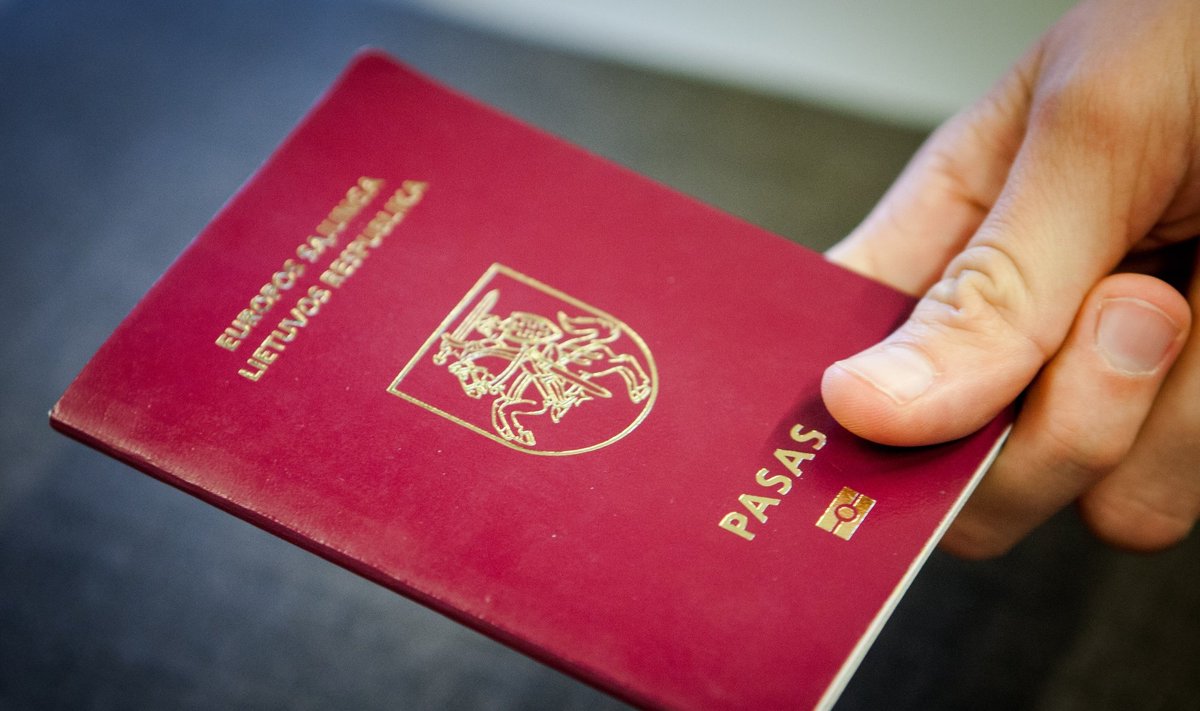Out of the Lithuanian municipalities with larger Polish communities, Vilnius City Municipality's Civil Registry Department has received the largest number of such requests.
As of May 1, a total of 471 requests to have the names changed have been received, including 75 requests for the change of names based on nationality.
"All these requests have been satisfied, and 70 of them were received from persons of Polish descent", the municipality told BNS.
Meanwhile, 21 such requests have been submitted in Vilnius District, and 18 have already been executed, the municipality's director of administration Liucina Kotlovska told BNS.
In Salcininkai District, six requests to change names have been received and four have already been executed.
In Svencionys District, one document has been changed on this basis, and three to four more people are planning to apply.
Following decades of debate, Lithuanian Seimas adopted a law that entered into force on May 1 and stipulates that a Lithuanian citizen's name and surname may be spelled using Latin-alphabet letters without diacritics in personal documents in certain cases.
Such spelling is allowed if a Lithuanian citizen takes their spouse's non-Lithuanian surname, or if the surname of their parents or one of the parents is written using non-Lithuanian characters in the source of the document.
To be able to change their names, representatives of ethnic minorities needs, first of all, need to declare their nationality.
However, some members of the Polish minority are angry because they are still unable to use the original spelling of their name, even when the court orders the authorities to do so, due to the absence of further legalization on the spelling of names with diacritics.
Lithuania's state institutions say they are technically unable to write certain symbols, such as the letter ł.
